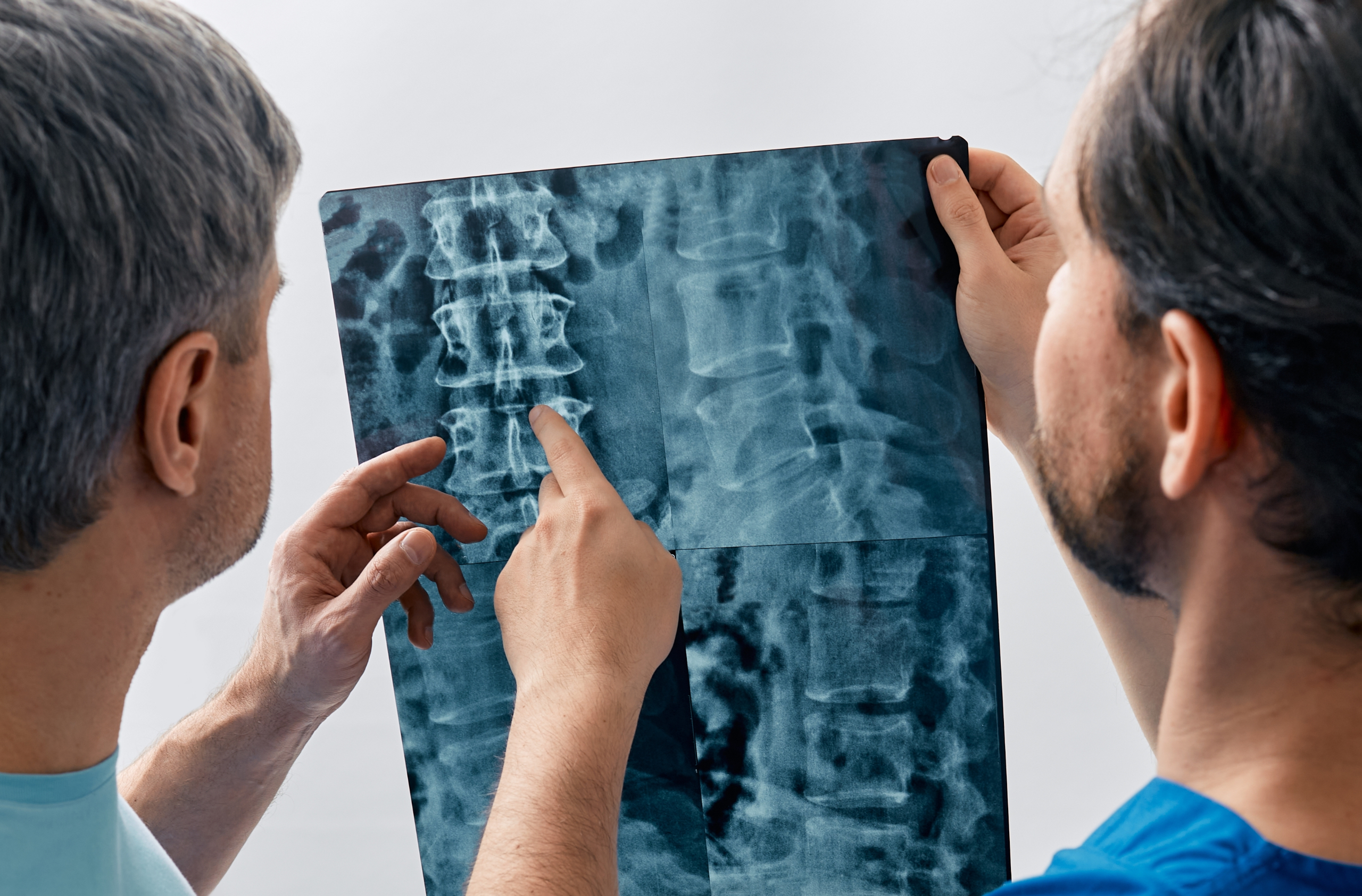
Philadelphia Quadriplegia Attorney
A Life-Altering Condition Demanding Legal Recourse
The thought of experiencing quadriplegia is a daunting one, particularly as we age. This condition, which affects a person from the neck down, renders them unable to move their arms and legs. The resulting impairment, making walking, writing, and even daily tasks impossible, is undeniably frustrating.
Quadriplegia can occur for a variety of reasons. It may be a condition from birth, the result of a disease such as a tumor, or brought on by trauma, such as a car accident. In cases where trauma or negligence by another party is responsible for quadriplegia, legal options become available. Examples of such scenarios encompass car accidents, slips and falls, sports injuries, or violence like assaults or shootings. Additionally, medical malpractice could be the root cause, leading to potential compensation for the affected individual.
Quadriplegia is often a lifelong condition, with some possibility of recovery through treatments like medications or surgery. However, maintaining health and functionality often necessitates substantial ongoing treatment.
The Complexities of Quadriplegia: Types, Causes, and Paralysis Degrees
Quadriplegia comes in two main types:
- Incomplete Quadriplegia: In such cases, not all signals are blocked from getting through, which means that some movement and sensations might be retained. Basic bodily functions like bowel and bladder control can also remain intact. This form typically arises in around one-third of traumatic spinal cord injuries.
- Complete Quadriplegia: Here, all signals are blocked, leading to a loss of muscle control and sensation. The brain can no longer manage automatic processes. Complete quadriplegia is observed in about 20% of spinal cord injuries.
Quadriplegia can result from two primary causes:
- Traumatic Causes: These arise due to spinal cord injuries caused by accidents or intentional acts. Traumatic spinal cord injuries can result from car accidents, falls, sports injuries, or violent incidents. The extent of quadriplegia depends on the level of spinal cord damage.
- Non-Traumatic Causes: This category involves quadriplegia resulting from spinal cord diseases and conditions. Examples include spinal cord tumors, cysts, infections, inflammatory conditions like multiple sclerosis, vascular disorders such as spinal cord hemorrhage, neurodegenerative conditions like amyotrophic lateral sclerosis (ALS), and autoimmune conditions like Guillain-Barré syndrome. Other conditions affecting spinal cord blood flow, like aneurysms, can also lead to quadriplegia. Additionally, congenital conditions such as cerebral palsy or spina bifida can be associated with quadriplegia.
The degree of paralysis a quadriplegic faces depends on the location of the spinal cord affected. The cervical spine, found in the neck, encompasses seven vertebrae and eight spinal nerves. Different sections yield different effects:
- C1 to C2: Result in complete paralysis of all limbs and the muscles controlling breathing. Breathing on one’s own becomes a significant challenge, and autonomic nervous system connections may also be disrupted.
- C3 to C4: Similar to C1-C2, with possible effects on breathing and coughing.
- C4 to C8: Lower down the spine, such injuries can lead to varying levels of arm and hand paralysis, with lesser widespread effects.
Treatment for Quadriplegia
While there’s no magic cure for quadriplegia, early intervention to limit damage and prevent further harm is paramount. This may involve spinal cord stabilization with specialized collars or braces following trauma.
Treatment varies based on individual symptoms and paralysis severity. Surgical interventions may be necessary to relieve spinal cord pressure or address injury-related issues. Physiotherapy, occupational therapy, and speech/language therapy may be crucial components of rehabilitation. Medications can help control muscle spasms, and mobility aids like wheelchairs and braces can assist with movement.
Fortunately, advances in medical technology have extended the life expectancy of quadriplegics, with the ability to lead meaningful lives, even if on a different path than previously imagined.
Contact Us Today
Quadriplegia is a condition that can result from a spinal cord-related injury or disease, often involving a traumatic cause, such as an accident. In cases of negligence or liability, legal recourse is possible.
Our team at Quinn Law Group, LLC stands ready to address your questions. We can help you seek compensation for your damages, holding the at-fault party accountable for their actions. To schedule a free initial consultation with our Philadelphia lawyers, call us at (877) 659-6070. Your rights and well-being matter, and we’re here to support you.
Testimonials
“Sean is a trial attorney who holds himself to the highest standards for every case and client he works for. I have experience working with hundreds of lawyers and Sean goes above and beyond normal expectations. Clients are lucky to have someone as dedicated and talented as Sean to represent them in court.”
CJ Ray
Trial Technologies

